New Horizons in Competition Law; Diesel Emissions Scandal
“No one is as blind as someone who doesn’t want to see.”
İbni Sina
Introduction
The United States of America Directorate of Environmental Protection announced in 2015 that the exhaust emission tests performed on Volkswagen (“VW”) diesel engine vehicles at the factory exit point were faulty[1]. Following this announcement, it was alleged that many German Automakers, amongst which BMW, Daimler, and VW groups also take part, had been manipulating exhaust emission rates. This situation rendered the millions of vehicles produced worldwide by the above-mentioned automakers controversial. It is alleged, however, that the exhaust emission tests performed at factory points of exit on 11 million vehicles manufactured only by VW were faulty.
In fact, many vehicles were also recalled due to airbag, gearbox problems, or other faulty issues, such as braking systems. However, the incident referred to as the “Diesel Emission Scandal” involves very different aspects than these noted issues. According to the alleged claims, the subject vehicles’ carbon emissions are being deliberately understated through software placed in the diesel engine vehicles. In other words, the manufacturers are deliberately understating the exhaust emission rates through software, thereby deceiving the consumers.
The Diesel Emission Scandal consumed the agenda of public opinion over the course of time. The stock share values of the aforesaid automakers decreased by the billions of dollars as a result of this scandal. Certain German cities imposed several prohibitions with respect to allowing entry of these diesel vehicles. However, the most important development was the VW settlement announcement regarding the claims for damages published by the USA Directorate of Environmental Protection[2]. Thus, VW settled, with prejudice, agreeing to pay billions of dollars in compensation by accepting the claims against it.
On 18 September 2018, namely, approximately three years after the Diesel Emission Scandal outbreak, the European Union Commission (“EU Commission”) announced that it had opened an investigation with respect to BMW, Daimler and VW (Volkswagen, Audi, Porsche) on charges of violating competition laws[3]. The EU Commission will investigate whether the automakers are part of an agreement that eliminates competition between them regarding the development and dissemination of emission-reducing technologies for gasoline and diesel vehicles. Thus, it will be examined whether automakers that are competitors for the development of emission technologies in gasoline and diesel vehicles are violating the competition laws by eliminating the technological competition between them.
Diesel Emission Scandal Investigation by EU Commission
The EU Commission took its first action regarding the Emission Scandal in October, 2017. The EU Commission announced on 20 October 2017 that they conducted on-the-spot investigations on the suspicion that these German Automakers are violating the competition laws[4]. The EU Commission closely followed the developments regarding the Diesel Emission Scandal over the course of time, and continued to monitor events as they unfolded. However, in its press release dated 18 September 2018, the EU Commission clearly indicated that at this time, automakers, such as VW, BMW and Daimler are being investigated regarding the Diesel Emission Scandal.
The statement of the EU Commissioner for Competition, Margrethe Vestager, concerning this matter is also remarkable. Vestager stated that they have investigated the claim that the above-mentioned automakers are violating the competition laws with respect to the development of emission-reducing technologies used in gasoline and diesel vehicles. Vestager qualified this claim as an infringement of the competition law that prevents consumers from purchasing lower pollutant-emitting vehicles, despite what is technologically available.[5] Therefore, an interesting investigation concerning the unusual claim that the competition laws are being violated by preventing technological development and restricting the competition between the competitors was birthed.
The EU Commission is also investigating the claim that BMW, Daimler, Volkswagen, Audi and Porsche, which are commonly referred as the “Circle of Five,” are exchanging information with respect to clean vehicle technologies through various meetings held amongst them. The EU Commission is specially concentrating on two emission systems used in the European Union. Whilst the SCR (Selective Catalytic Reduction) system is used to decrease harmful nitrogen oxide oscillation in diesel passenger vehicles, the system called OPF (Otto Particulate Filters) decreases the harmful particles’ oscillation in gasoline passenger vehicles.
If the BMW, Daimler and VW groups have formed an agreement to restrict technical development, this will be in violation of Article 101 of the Lisbon Treaty, through an agreement or a concerted action. In the relevant announcement of the EU Commission, it is also stated that at this stage, there is no clear evidence that these manufacturers used deceptive tools to mislead exhaust emissions tests, or that there was a consensus to this end amongst the said automakers. However, this is undoubtedly one of the first issues to be examined in the investigation phase.
Whilst the EU Commission"s main claim in the scope of the investigation concerns emission control systems, it is alleged that the automakers are also exchanging information on other matters, as well. For example, it is claimed that the mentioned undertakings are exchanging information on technical matters, such as common technical standards on automotive spare parts, as well as procedures for vehicle tests. In addition, it is known that the mentioned enterprises held various meetings on technical issues, such as sun roof and cruise control systems. It is also claimed that the Federal German automakers expanded their coordination to areas related to vehicle safety, such as crash tests, and shared their knowledge and experience in this area in a common pool.
Conclusion
The Diesel Emission Scandal, which started in 2015, radically changed the future plans of the relevant market’s players, particularly the German Automakers, eespecially with respect to the developments in the USA and Germany, which are quite remarkable. In the USA, the settlement negotiations, on behalf of millions of consumers, continue[6]. Recently, this issue is more current, in Germany. For example, the Braunschweig Prosecutor"s Office levied an administrative fine on the VW Group of EUR 1 billion[7]. VW announced that it would not object to this penalty, and accepted its responsibility. The Prosecutor"s Office stated that between 2007 and 2015, approximately 10.7 million vehicles, worldwide, have installed software that manipulates emission rates. In addition, the price paid by the VW Group for the Diesel Emission Scandal reached EUR 25.5 billion. In addition to the compensation paid to the consumers, this amount includes the administrative fines that were paid.
In May, 2018, Hamburg was the first major city that introduced restrictions on the entry of diesel vehicles into the city[8]. Diesel vehicles were banned, and warning signs were placed in various parts throughout Hamburg[9]. In April, 2019, the Diesel Ban will enter into force in Cologne and Bonn[10]. It was decided to apply various bans on diesel vehicles in other cities, such as Berlin, Frankfurt, Gelsenkirchen, Essen, Mainz and Stuttgart[11]. In short, the Diesel Emission Scandal is rapidly growing and deepening.
The EU Commission"s investigation on the Diesel Emission Scandal is a challenging process, as it will have to distinguish the negotiations between the automakers on technical issues, from information exchange, which is an infringement of competition law. Although the rules of competition law allow cooperation between enterprises for the purpose of technical development, this does not include infringements of competition law. The EU Commission will have to examine a very interesting claim of an infringement of competition law on the basis of the investigation, particularly, the restriction of competition through the prevention of technical development. Thus, this will be the precursor of new developments in competition law.
[1] See also for detailed information, https://www.bbc.com/turkce/ekonomi/2015/09/150922_volkswagen_emisyon (Access date: 28.11.2018).
[2] See also for detailed information, (Access date: 7.12.2018).
[3] http://europa.eu/rapid/press-release_IP-18-5822_en.htm (Access date: 7.12.2018).
[4] http://europa.eu/rapid/press-release_STATEMENT-17-4084_en.htm (Access date: 7.12.2018).
[5] See also for detailed information. http://europa.eu/rapid/press-release_IP-18-5822_en.htm (Access date: 7.12.2018).
[7] https://www.morgenpost.de/wirtschaft/article214571605/VW-muss-in-der-Dieselaffaere-eine-Milliarde-Bussgeld-zahlen.html (Access date: 10.12.2018).
[8] https://www.zeit.de/mobilitaet/2018-05/diesel-fahrverbote-hamburg-stickstoffbelastung (Access date: 10.12.2018).
[9] http://www.spiegel.de/auto/aktuell/diesel-fahrverbote-in-hamburg-ab-31-mai-a-1209050.html (Access date: 10.12.2018).
[10] https://www.faz.net/aktuell/wirtschaft/diesel-affaere/diesel-fahrverbote-in-koeln-und-bonn-von-april-2019-an-15880711.html (Access date: 10.12.2018).
[11] https://www.adac.de/rund-ums-fahrzeug/abgas-diesel-fahrverbote/fahrverbote/dieselfahrverbot-faq/ (Access date: 10.12.2019).
All rights of this article are reserved. This article may not be used, reproduced, copied, published, distributed, or otherwise disseminated without quotation or Erdem & Erdem Law Firm's written consent. Any content created without citing the resource or Erdem & Erdem Law Firm’s written consent is regularly tracked, and legal action will be taken in case of violation.
Other Contents

Mergers and acquisitions are among the types of transactions that are subject to intensive scrutiny by competition authorities. As a rule, competition authorities only subject transactions that exceed certain turnover thresholds and result in a change of control to merger…

The U.S. District Court for the District of Columbia (“Court”) issued its memorandum opinion (Memorandum Opinion) on November 18, 2025, in the antitrust case (“Case”) between the Federal Trade Commission (“FTC”) and Meta Platforms Inc. (“Meta”). The FTC alleges that Meta monopolized the market…
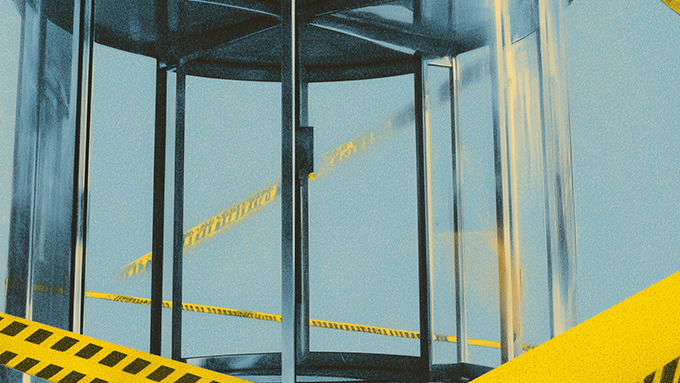
No-poach agreements, which have become one of the most prominent concepts in global competition law in recent years, are defined in the Glossary of Competition Terms as “agreements, whether direct or indirect, whereby one undertaking agrees not to make job offers to, or hire, the employees of another...
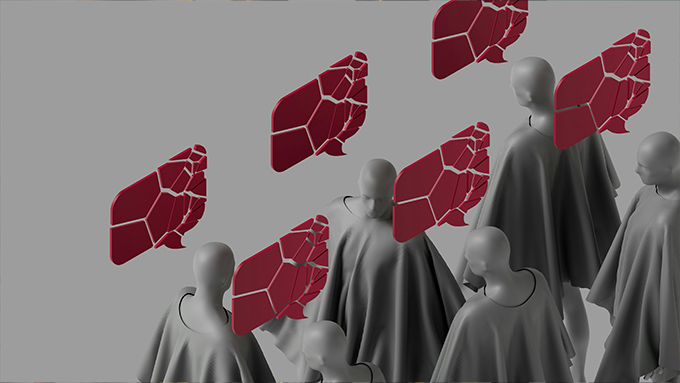
The Competition Board (“Board”) has broad powers to request information from undertakings. The legal basis for this authority is provided by Article 14 of Law No. 4054 on the Protection of Competition (“Law No. 4054”). Under this provision, the Board may request any information it deems necessary from public...
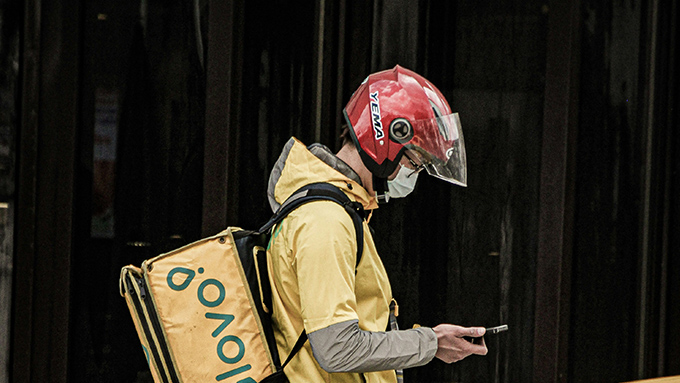
Competition authorities around the world have increasingly focused on labor market infringements under competition law, issuing new regulations and guidance recently. Notable examples include the U.S. Department of Justice and Federal Trade Commission’s joint guidance, the Japanese Fair Trade Commission’s...

Chapter 8 of the General Data Protection Regulation (“GDPR”) sets out the legal remedies available to data subjects in the event of a breach of their rights under the GDPR. Accordingly, each data subject has a right to lodge a complaint with the supervisory authority of the Member State in which they reside, work...

Mergers and acquisitions play a critical role in shaping the competitive structure of the market. Although such transactions can lead to positive outcomes such as the provision of products and services at lower prices, the development of new products and technologies, and improvements in quality, they may also...
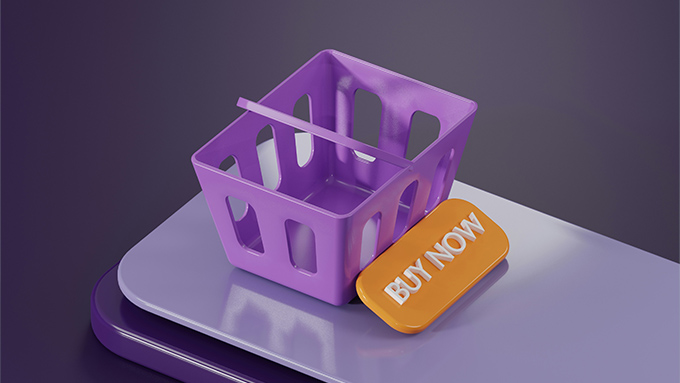
Technology and the opportunities it brings undoubtedly play a key role in strengthening the competitiveness of market players. In this context, pricing algorithms that enable undertakings to monitor publicly available prices and optimize their own pricing strategies have become widely used, especially by digital platforms...

The Regulation on Fines to Apply in Cases of Agreements, Concerted Practices and Decisions Restricting Competition, and Abuse of Dominant Position (“Former Regulation on Fines”), which entered into force upon its publication in the Official Gazette dated February 15, 2009 and numbered 27142, was...

In the past years, the Turkish Competition Board (“Board”) has closely monitored the activities of undertakings operating in the retail sector. As a result of the Board’s record of administrative fines, horizontal type of violations in the retail sector have been highly publicized. Vertical violations such as resale price...

In recent years, numerous automobile manufacturers have announced their goals to reduce carbon emissions, with many brands setting net-zero carbon targets spanning from production processes to the lifecycle of their vehicles. While ongoing debates persist regarding the significantly higher carbon footprint of...

Under Article 15 of Law No. 4054 on the Protection of Competition (“Law No. 4054”), the Competition Board (“Board”) may conduct on-site inspections at the undertakings’ premises when it deems necessary in fulfilling the duties assigned to it. During the on-site inspection, the Board is authorized to examine all...

Agreements and information exchanges between undertakings in labor markets have recently been examined in various preliminary investigations and investigations initiated by the Turkish Competition Authority (“Authority”). Following the investigations in which some undertakings were subject to...

The Turkish Competition Board’s (Board) decision regarding the acquisition of the international road transport business line of Ekol Lojistik AŞ (Ekol) by DFDS A/S (DFDS) has been one of the most prominent transactions on the competition law agenda recently...
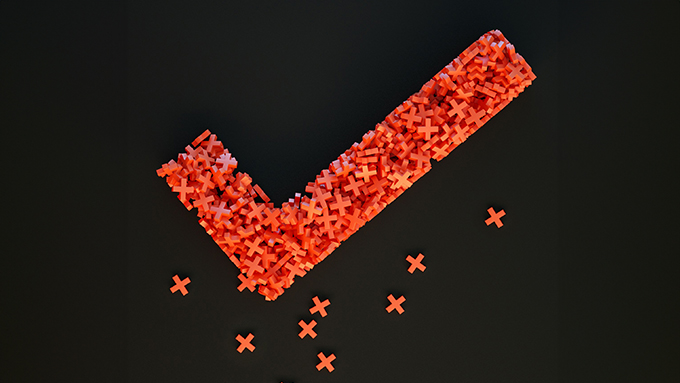
The Competition Board (“Board”) has broad powers to request information from undertakings. The Board’s authority to request information arises from Article 14 of the Law No. 4054 on the Protection of Competition (“Law No. 4054”). Under the relevant provision, the Board may request any information it deems...
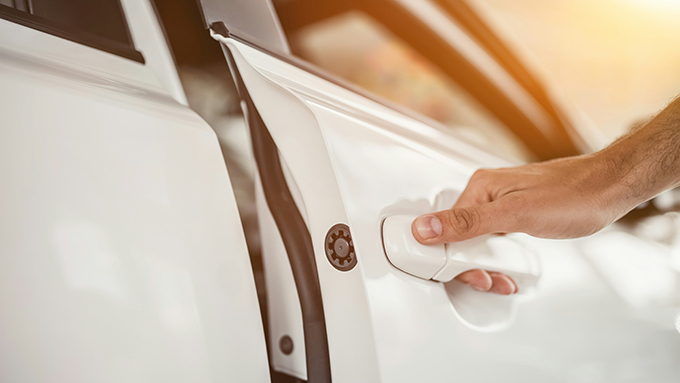
Doğuş Otomotiv Servis ve Ticaret A.Ş. (Doğuş) applied to the Turkish Competition Authority for an exemption for the practice of recommending basic wages to be applied to sales and after-sales service employees of its authorized dealers and distributors...
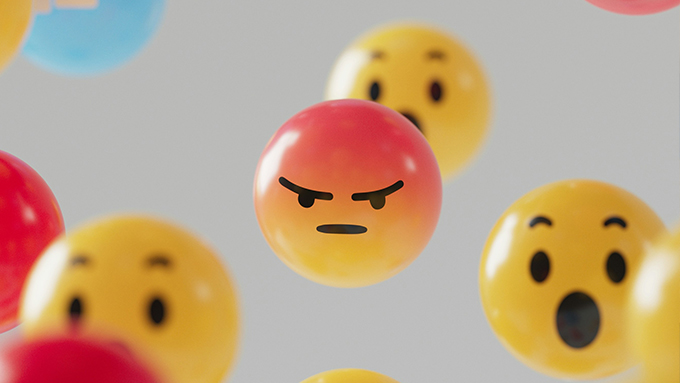
Access to Instagram was blocked ex officio by the Information and Communication Technologies Authority (ICTA) as of 2.08.2024. Under Article 8 of Law No. 5651 on the Regulation of Publications on the Internet and Combating Crimes Committed Through These Publications, ICTA can issue an ex officio access...

It is well known that agreements between employer undertakings with regards to their employees, such as wage-fixing and non-poaching agreements, along with competitively sensitive information exchanges have been under the scrutiny of competition authorities all over the world, including the Turkish Competition...

Automotive is one of the sectors in which the world’s most significant investments are made. The Competition Board (“Board”) has been closely interested in the automotive sector over the years and has conducted various examinations and studies in this field...

Competition authorities around the world continue unabated to investigate competition concerns arising from data collection and processing activities of digital platforms and impose severe sanctions as a result...





The startup ecosystem in Turkey has experienced notable growth in recent years. In the last quarter of 2023, 81 startups secured a combined investment of around 60 million dollars. While the number of investments remained consistent when comparing the third quarter periods of 2022-2023, there was a decrease...
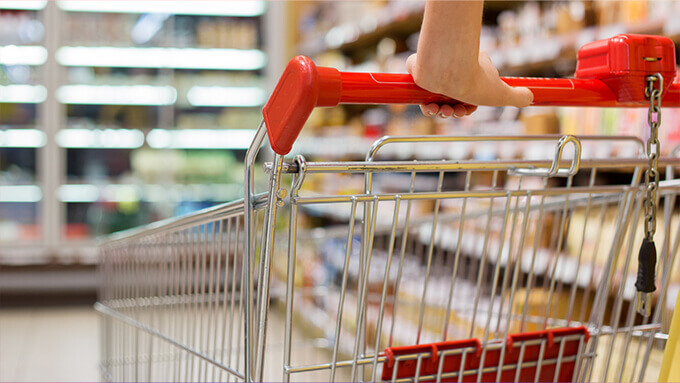
Hub and Spoke cartel is a type of violation that is not clearly defined and regulated under Law No. 4054 on the Protection of Competition (“Law No. 4054”). Decisional practices of foreign competition authorities, particularly the UK Competition and Markets Authority’s decisions (“CMA”), are instructive concerning...

The Competition Board ("Board") made an addition to its line of decisions on resale price maintenance with its decision on Sunny Elektronik Sanayi ve Ticaret A.Ş. ("Sunny") . In its decision, the Board thoroughly examined the allegations regarding Sunny's involvement in maintaining resale prices and restricting...
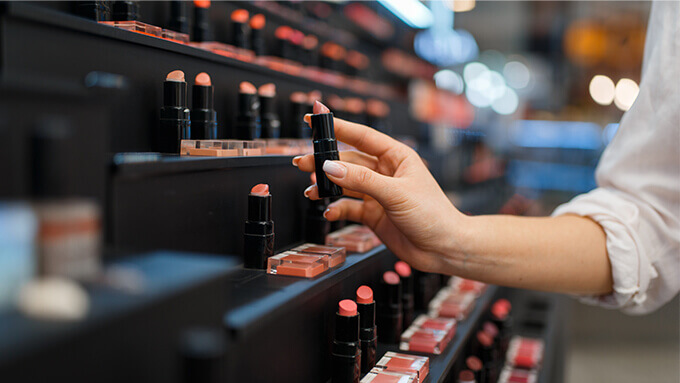
It is observed that the Competition Authority (“Authority”) has recently scrutinized various industries such as fast-moving consumer goods, labor market, pharmaceuticals, and cement. When the reasoned decisions of the Competition Board (“Board”) published in October are examined, it can be seen that the...

Jules Verne says, “Everything on earth has a limited lifespan, nothing that will exist forever can be created by human hands”. Perhaps change is the only constant concept in all our lives. Despite two major world wars and countless periods of crisis, humanity has been undergoing a great change and...

At the meeting of the Fédération Internationale de Football Association (“FIFA”) held on 16 December 2022, the FIFA Council approved the FIFA Football Agents Regulations (“FFAR”). In the FFAR, various amendments have been made, such as the introduction of a maximum service fee limit that football agents are...
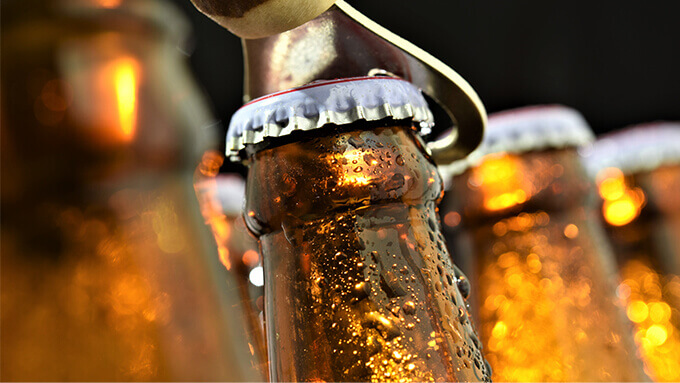
Resale Price Maintenance (RPM) is still considered a hardcore restriction under the recently revised Vertical Block Exemption Regulation (VBER), which means that it cannot benefit from a statutory exemption under Article 101(1) TFEU, unlike certain other types of vertical agreements. However, it has been debated...

In competition law, it is important to accurately determine the concept of undertaking, especially in terms of mergers and acquisitions. Therefore, the concept of economic entity aims to reveal the economic units covered by the undertakings. The relationship between the concept of economic entity and family ties comes...

In these days when the Competition Board (“Board”) frequently imposes administrative fines for preventing on-site inspections and both the Competition Authority (“Authority”) and undertakings take legal and technical measures regarding on-site inspections, a striking development has occurred. In its decision...
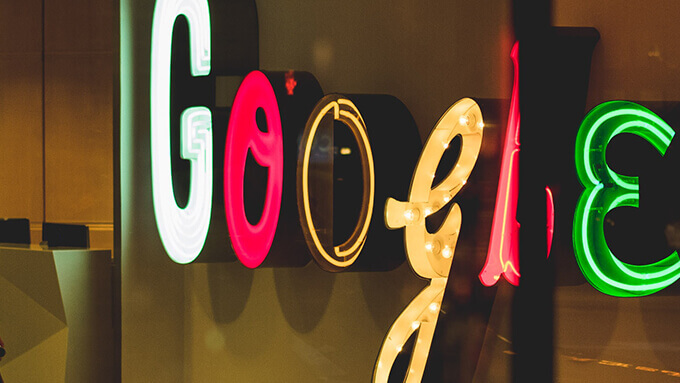
Online advertising has become an important source for businesses for promoting products and services and meeting consumers, as a result of the rapid development of information technologies and increase in the use of internet. Delivering targeted messages to consumers at the right time through the digital...

Selective distribution systems refer to a type of distribution system in which suppliers commit to selling the contracted goods or services directly or indirectly to distributors selected based on specified criteria, while the distributors commit not to sell the said goods or services to unauthorized...
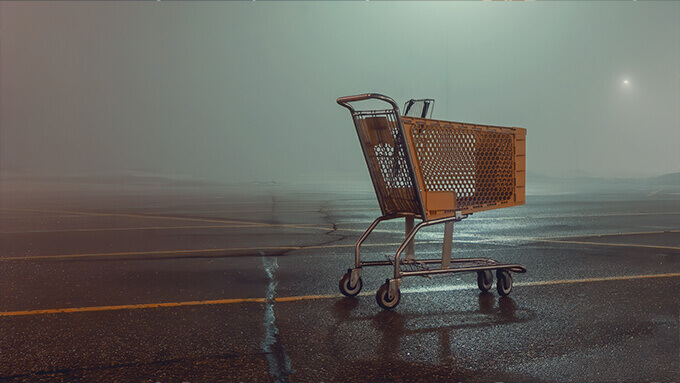
Fast-moving consumer goods is undoubtedly one of the sectors that the Competition Authority has been working most intensively since the COVID 19 pandemic. Among the most important developments of this period was the Sector Inquiry initiated on Fast Moving Consumer Goods (“FMCG”) Retailing...

In the decision of the Constitutional Court ("Constitutional Court" or "Court") dated 09.11.2022, numbered 2020/67 E. 2022/139 K. (the "Decision"), the annulment of certain articles of the Law Amending the Law on the Protection of Competition No. 4054 ("Law No. 7246") was requested...

In Turkish competition law, certain types of mergers and acquisitions are subject to Turkish Competition Board’s (“Board”) approval in order to gain legal validity. Pursuant to Article 7 of the Law No. 4054 on the Protection of Competition (“Law No. 4054”), the Board is competent to define mergers and acquisitions...

Recently, the Competition Board (the Board) had imposed administrative fines on banks and financial institutions for failing to respond to the request for information within the scope of a preliminary investigation.[i] The request for information that lays the groundwork for the administrative fine imposed by...
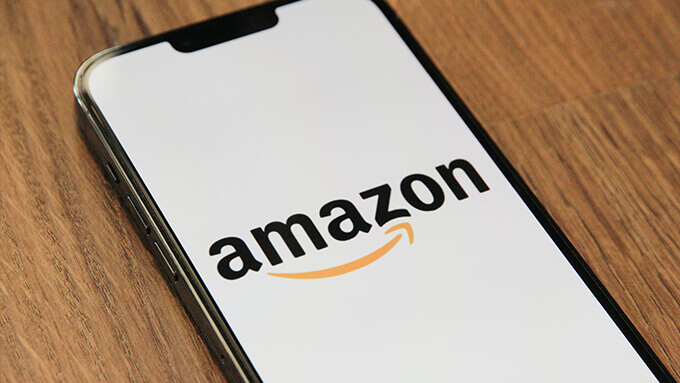
Amazon, a world-famous company, is an e-commerce company that operates the world’s largest online shopping platform. In the backstage, Amazon is a data-driven company whose retail decisions are mostly driven by automated systems, fueled by the relevant market data. That being said, Amazon has a dual...

The right to make on-site inspections is one of the Competition Board’s (“Board”) most important tools for revealing whether Law No. 4054 on the Protection of Competition (“Law No. 4054”) has been violated. The effective use of this authority is quite important in terms of obtaining fruitful results from...
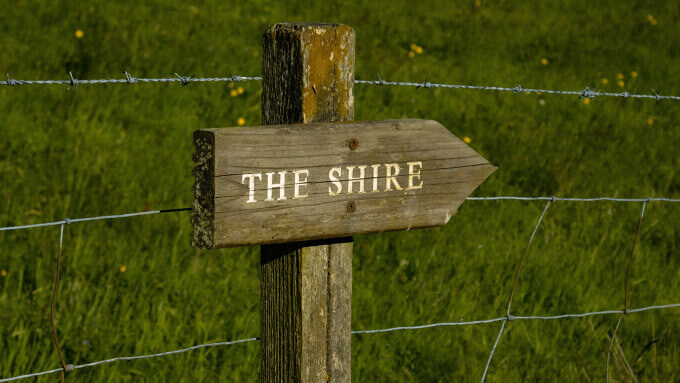
“Harese” is an interesting Arabic word. There is a thorn that camels love very much in the desert. The camel eats the thorn with great greed. So much so that, its mouth bleeds as it eats, but it doesn't stop eating. The taste of the thorn is mixed with the salty taste of its own blood. This mixed taste drives the camel...

Turkey’s leading pay television service provider, Krea İçerik Hizmetleri ve Prodüksiyon A.Ş. (“Digiturk”), is frequently the subject of complaints made to the Competition Authority (“Authority”). In fact, the Competition Board (“Board”) issues a new decision about Digiturk almost every year. In these decisions...
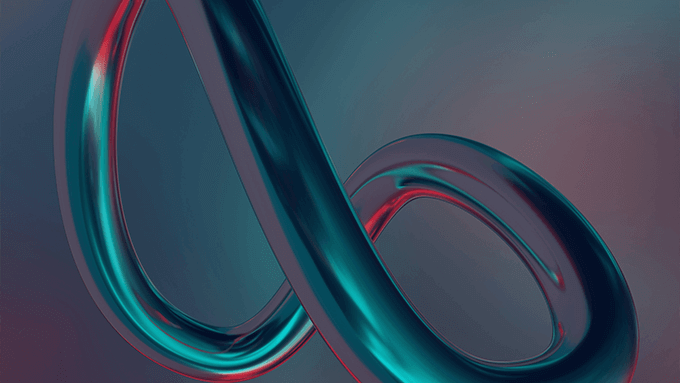
The French Competition Authority (Autorité de la Concurrence), within the scope of the competition law proceeding initiated upon the complaint of Criteo SA (“Criteo”), accepted the commitments proposed by Meta Platforms Inc., Meta Platforms Ireland Ltd., and Facebook France...
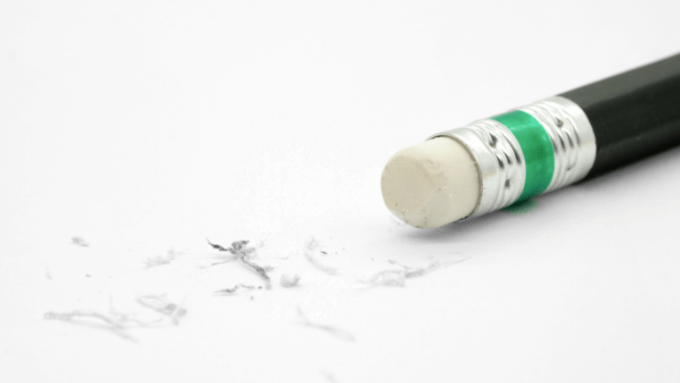
While the scope of Competition Board’s (“Board”) power to conduct on-site inspections has increased with the introduction of Guidelines on Examination of Digital Data during On-site Inspections (“Guidelines”), nowadays the amount of monetary fines imposed on undertakings continue to...

The hub and spoke cartel, which is a relatively new type of violation in terms of Turkish competition law, is defined as the indirect exchange of information between two independent undertakings which are horizontal competitors on the supplier or retailer level, through another undertaking...

The settlement mechanism has only recently been introduced to Turkish competition law practice. It entered into force with the amendment made to the Law on the Protection of Competition (“Law”) numbered 4054 on 16.06.2020, and has been in effect for less than two years. In this relatively...

Due to their increasing share in the economy and rapid growth rate, e-marketplace platforms have come under the increasing scrutiny of the Turkish Competition Authority (“Authority”) as well as many competition authorities around the world...

Pursuant to the Amendment Communiqué Concerning the Mergers and Acquisitions Requiring the Competition Board’s Approval (“Amending Communiqué”) published in the Official Gazette dated March 4th, 2022 and numbered 31768, certain amendments have been introduced...
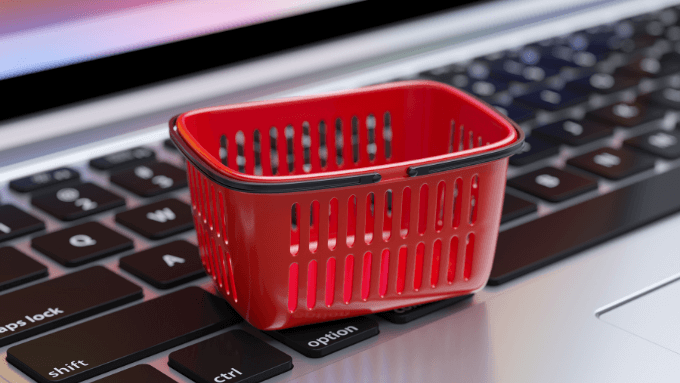
The Competition Board (“Board”) has recently published a reasoned decision in which it evaluated BSH Ev Aletleri Sanayi ve Ticaret A.Ş.’s (“BSH”) request for negative clearance or exemption with regard to its practice of prohibiting authorized dealers from making sales through online marketplaces...
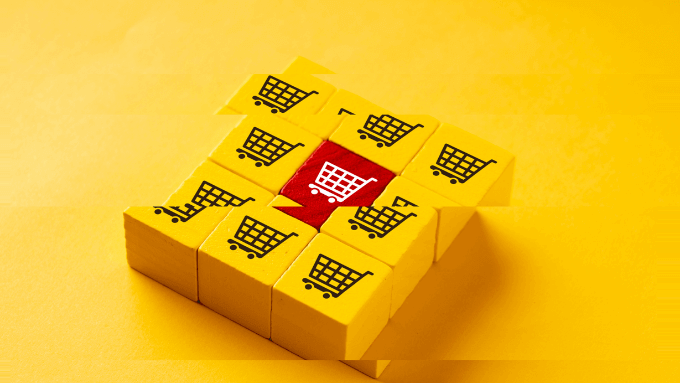
Shahmaran, a Mesopotamian myth, is believed to take place in Tarsus. According to the myth, the shah of snakes is the immortal and omniscient "Shahmaran." Shahmaran is described as a beautiful woman living in her cave with her snakes...


During the COVID-19 pandemic, competitive concerns about the pricing behavior of chain markets, manufacturers, and wholesalers engaged in the retail trade of food and cleaning supplies led to an investigation by...
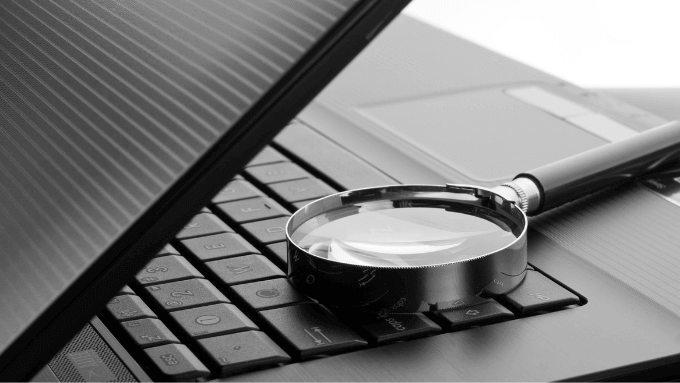
When the past decisions and the recent decisions of the Competition Board (“Board”) are examined, a significant increase can be observed in the number of decisions where the Board found hindrance or obstruction of on-site inspections. This situation shows that...
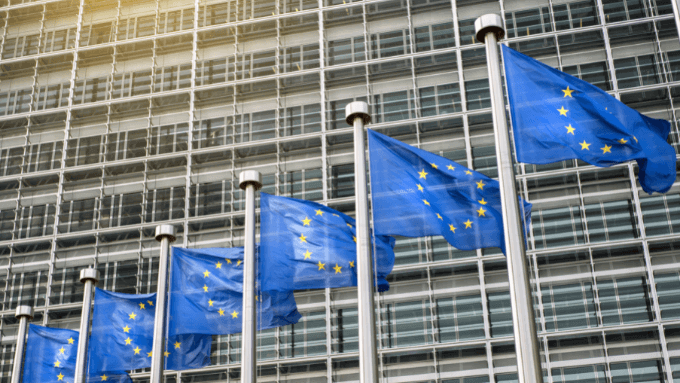
The European Commission began investigating the collusive behavior of Credit Suisse, UBS, Barclays, RBS, and HSBC in the Foreign Exchange (forex) spot trading market in 2019. With the recent press release dated 02.12.2021, the Commission announced that the case is now closed...

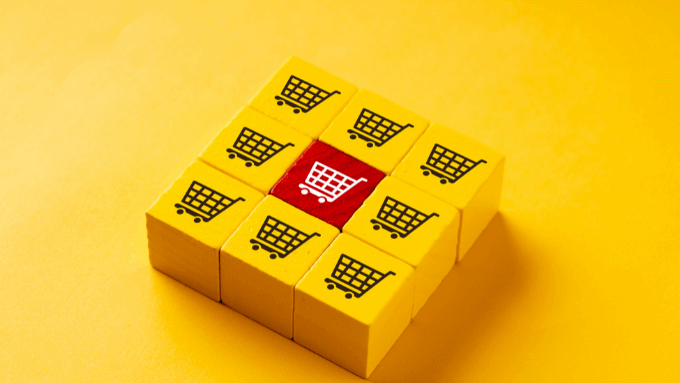
Digitalization, in particular, necessitates the rewriting of competition law rules. Competition law is at the center all questions regarding e-commerce and digital platforms. The aforementioned platforms, which have become prominent due to innovations in...
















































